Don Carlos Faith Jr. was not just a soldier; he was a beacon of courage and selflessness, whose actions during the Korean War exemplified the highest ideals of military service. Born on August 26, 1918, in Washington, Indiana, Faith's journey from a rejected military academy applicant to a revered figure in American military history is one of resilience, determination, and unwavering bravery.

Early Life and Struggles: Faith's path to military service faced initial hurdles. Despite his aspirations, he was deemed medically unfit for admission to the United States Military Academy. Undeterred, Faith pursued an education at Georgetown University. However, his dreams of serving in uniform were momentarily dashed when he was rejected for military service due to dental issues. Yet, Faith's spirit refused to be quenched. Through perseverance and determination, he successfully appealed the decision and was inducted into the Army on June 25, 1941, following his graduation from Georgetown.
Military Enlistment and Heroics: Faith's journey in the military was marked by valor and dedication. Commissioned as an officer on February 26, 1942, he joined the 82nd Airborne Division, where he served as both an aide to Brigadier General Matthew Ridgway and as a staff officer. Throughout World War II, Faith distinguished himself, participating in numerous combat jumps across North Africa, Italy, France, the Netherlands, and Germany. His exemplary service earned him two Bronze Star Medals and a promotion to lieutenant colonel.
Transitioning to post-war assignments, Faith continued to serve with distinction, including a stint in China and later as a battalion commander with the 7th Infantry Division in Japan. However, it was during the Korean War that Faith's courage would etch his name into history.
Defining Moment: The Battle of Chosin Reservoir stands as a testament to Faith's extraordinary valor and leadership. As the commander of the 1st Battalion, 32nd Infantry Regiment, Faith found himself thrust into the crucible of combat against overwhelming odds. When his superior fell in battle, Faith assumed command, rallying his troops in the face of relentless enemy attacks.
On December 1, 1950, during a desperate convoy drive south, Faith's convoy was ambushed. Despite being wounded, he led a daring attack against enemy positions, personally directing his men amidst a hail of gunfire. With unparalleled courage, Faith pressed forward until mortally wounded, never wavering in his commitment to his fellow soldiers.
Military Awards and Decorations: For his extraordinary acts of heroism, Faith was posthumously awarded the Medal of Honor, the highest military decoration in the United States. Additionally, his awards and decorations include the Combat Infantryman Badge, the Parachutist Badge with four combat jump stars, the Silver Star, three Bronze Star Medals, and two Purple Hearts, among others. These honors stand as a testament to his selfless sacrifice and unwavering dedication to duty.
Conclusion: Don C. Faith Jr.'s legacy transcends the pages of history; it lives on in the hearts of those who cherish freedom and honor. His story serves as a reminder of the valor and sacrifice exhibited by the men and women who serve in uniform, embodying the noblest virtues of courage, selflessness, and devotion to duty. As we pay tribute to his memory, may we never forget the indelible mark he left on the annals of American military history.
